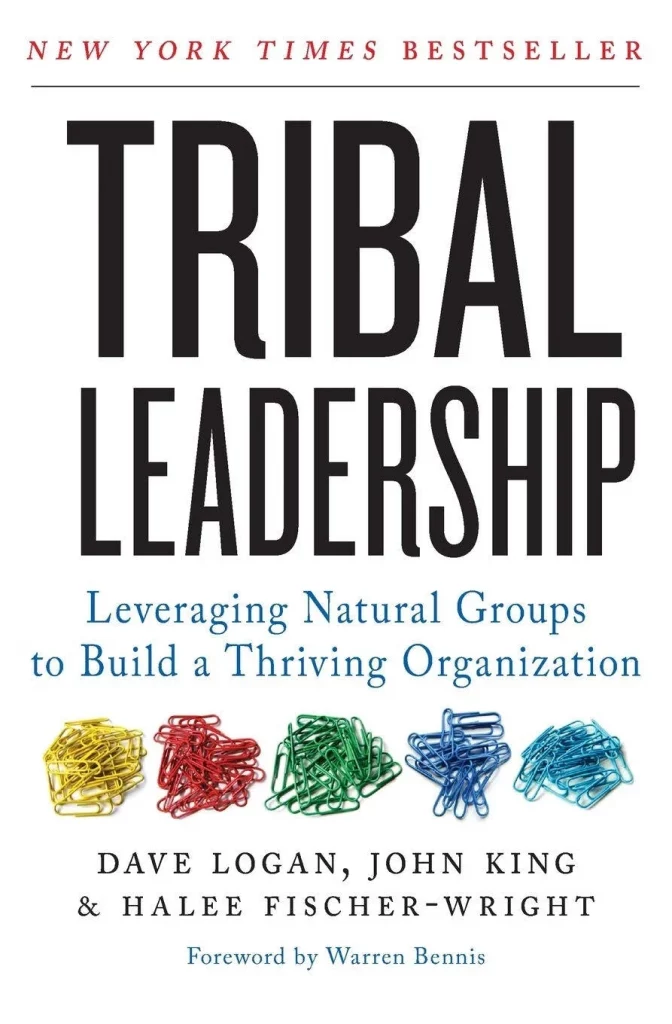A promise to you today: This newsletter is going to stay politically neutral and silent.
I've received a number of newsletters lately on a variety of topics that felt compelled to comment on the current state of politics. All I could think is, "I don't subscribe to you for this."
My promise to you is that we're going to stay out of it.
We have subscribers who are church leaders in the American MidWest, tech leaders in Silicon Valley, and non-profits doing important work across the spectrum. Not to mention, many of you are also all around the world.
We've always tried to stay politically neutral, and will continue to do that, so don't worry. You won't find us wading into any of the controversies or news bites, for 3 easy reasons:
- You can get plenty of that elsewhere on any social network, or journalist/news source you subscribe to that you choose.
- We all have to keep being leaders, doing what's best for our teams no matter who wins.
- There's plenty to talk about outside politics, and frankly *better* examples of leaders elsewhere.
In today’s edition, we talk about when you should give permission to your team when they make requests, introduce a new Book of the Month on company culture, and show you how to start a book club at work. We also then have a fun new pool and something great coming soon (check the PS!)
Let’s dive in…
Table of contents:
- 🥘 Food for Thought on When to Give Permission?
- 📚 Book of the Month on Understanding Your Company / Team Culture
➡️ Did a friend forward this to you? Get every issue straight to your inbox by signing up here.
Note: This is a preview of our weekly leadership newsletter, Lighthouse Leadership Weekly (LLW).
To get this sent to your inbox every week, along with our latest long form essays on this blog, you can sign up here.
🥘 Food for Thought
I saw this tweet go viral this week, and knew it was a good topic for us to discuss further:
Things I'm sick of hearing from my employees:
— Rob Dance (@RobDance_) July 1, 2024
- Can I leave early today
- I'll be late in the morning
- My child is sick, can I rush off
- I've got a doctor's appointment tomorrow, is that okay
- I'm going to be late back from lunch, I've got some things to sort
I don't care. pic.twitter.com/JfkivEli07
He then continued his thread saying:
All that should matter is that everyone is happy, and that the work gets done.
— Rob Dance (@RobDance_) July 1, 2024
→ My advice to companies:
Treat your staff like adults.
That’s it, that’s the big secret.
He missed one thing...
Rob raises a fair point: If you hire good people, you should trust that they can figure out how to get their work done, even if they need to miss some time during standard work hours.
Yet, that misses an important point: You need a high trust AND high accountability organization for this to work.
Without accountability, you'll see a whole series of problems emerge that can snowball quickly:
- People will start testing the limits of the freedom you provide.
- Some people will take advantage to the point of not doing as much work.
- Others will start resenting those who don't work as hard.
- Some previously hard workers may start questioning why they're working as hard.
- Productivity and morale plummets, while trust is severely degraded.
So how do you treat your team like adults, while avoiding this kind of death spiral?
You can't be afraid of confrontation.
The way to avoid the morale and productivity death spiral is to confidently confront any issues when they start. As the saying goes "nip them in the bud."
The first time you notice someone who seems to be taking advantage of your work day flexibility, talk to them about it.
The beauty of doing this is that it can be a simple, quick conversation. When it's only been an issue once or twice, or their work has just barely slipped, it's a lot easier to correct.
Yet, too often, leaders put off those conversations either because they're too busy with other things, or they want to avoid an uncomfortable conversation.
The problem then festers and grows, and you become well on your way to the snowball we just warned you about.
Be explicit and clear on expectations.
It's not enough to be like the pithy social media guru CEO and say, "All that should matter is that everyone is happy, and that the work gets done."
You need to be more specific about what it means that "the work gets done."
When you say that, it also needs to include considerations for:
- Interdependencies between team members and teams that can block one another.
- External deadlines that must be hit for customers, partners, and vendors.
- The expected pace and productivity of everyone on your team.
- The standard of work you've seen from people in the past versus what they're doing today.
- Levels of performance as expected by someone's role and seniority.
All of these are the nuance of the work getting done. As a leader, it's your job to have a clear idea of what those are and how you will uphold the standards and expectations of all of those.
Looking at that list, you can probably understand why it's easier for a lot of managers to simplify this by expecting everyone to work exactly the same hours. It removes a few variables and dependencies, as well as potential for problems.
The reality: Treat everyone differently
The truth is that the most effective way to lead is to treat everyone differently. You want to bring out everyone's best, and be reasonable to accommodate people's needs. Yet, you also have to keep in mind the nature of your business, their role and responsibilities, and other factors specific to them and their work.
A few examples:
- An account manager likely needs to have a lot of availability during normal work hours, but if it helped them, could you allow them to keep West Coast hours while living on the East Coast, or vice versa?
- A customer success team member has a certain number of tickets to get through each week, which can be done any time, anywhere. Can they have more leeway and flexibility than others?
- An engineer only has a few meetings per week, and otherwise is only responsible for their tasks getting done. Shifting much of their time to night hours can easily be accommodated, but will mentorship and support be available when they need it?
The point is, some roles are easier to accommodate mid-day work interruptions or schedule shifts than others. When and how you can accommodate their requests may also vary greatly.
It's up to you and them to figure out what can work, and what just isn't acceptable.
That won't always be a comfortable conversation, but that's the price you pay to offer everyone some level of flexibility.
Are you ready to make that offer?
Have you tried offering that flexibility? How did it go?
I love hearing stories of your work environment, so please do click reply, and share your story with me.
📚 Book of the Month on Your Company Culture
One of the surprising insights I learned as I started to study company culture was the understanding that culture is a system.
That means there are a variety of layers and aspects to it that all feed off of each other.
That can be a mix of good things that reinforce each other, creating an awesome culture. Or, it can be a mix of bad things that combine to create a toxic culture.
And that's what this month's Book of the Month is all about:

Tribal Leadership by Logan, King, and Fischer-Wright
The core thesis of this book is that there are levels to company culture. Each level has a shared language and set of behaviors that helps define it.
The key to improving your culture is to understand what level you and your team currently are at, and then work to rise up one level at a time.
This book does an excellent job of helping you understand each level, as well as how to rise up the ladder to the best possible culture.
I originally read this book 12 years ago, but it's as relevant now as it was then.
When I read it, I liked it so much I convinced my boss to read it. He then read it and liked it so much, he bought copies for the entire company.
If you've been searching for a book to help you more clearly define what team and company culture really is, then this is the perfect book for you.
You can pick up your copy of Tribal Leadership on Amazon here.
Sign up to get this newsletter & our latest blog posts straight to your inbox:




